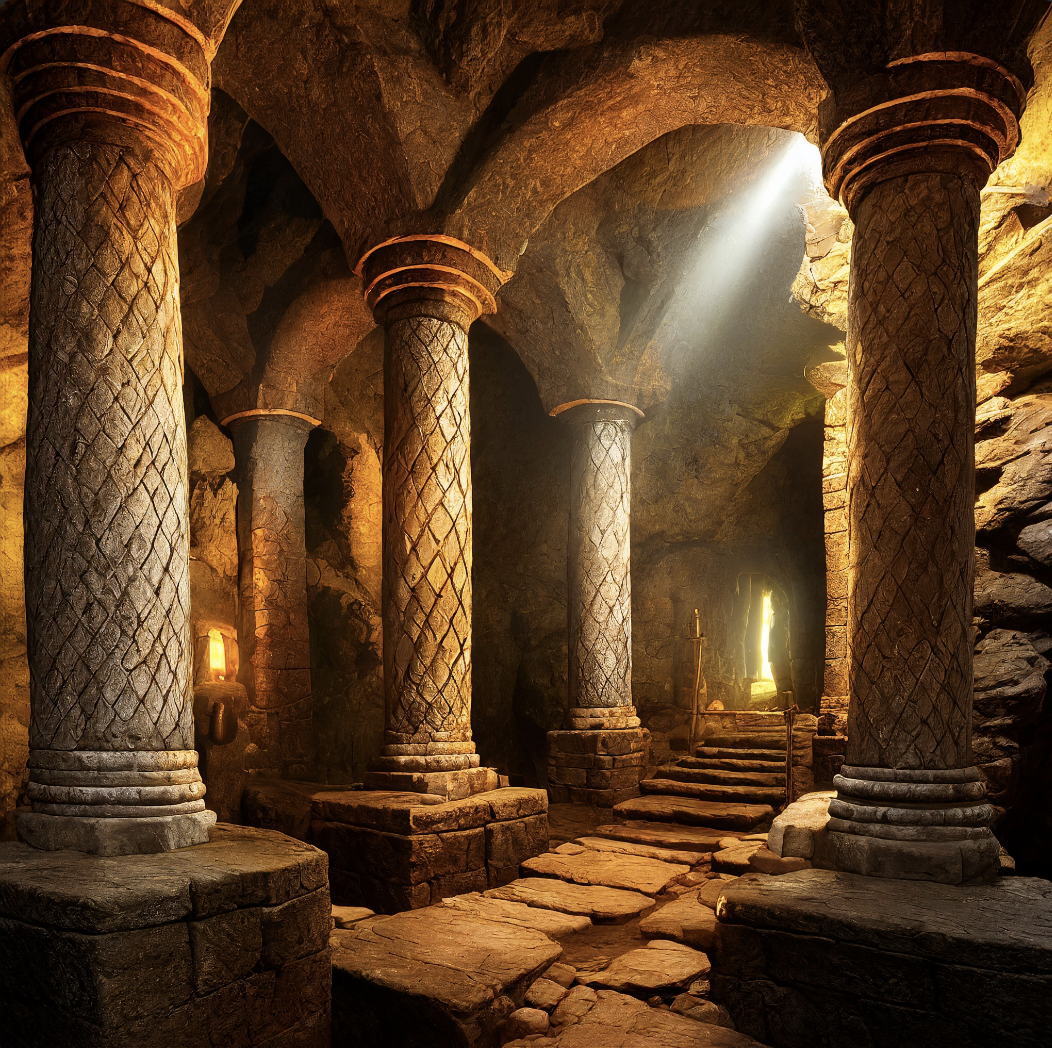Tabletop role-playing games, or TTRPG’s, have long been a source of immersive storytelling and thrilling adventures. They provide a platform for players to step into the shoes of their characters and embark on epic quests. Many TTRPG enthusiasts have experimented with incorporating music into their game sessions, aiming to enhance the overall experience. However, the use of music in TTRPG campaigns is not without its challenges, and understanding the psychological implications is crucial.
One of the primary issues with using music in TTRPG sessions is the potential for mismatches between the music and the game’s narrative or events. While music has the power to evoke emotions and create atmosphere, it can also inadvertently confuse and unsettle players. The human brain is wired to associate certain emotions and meanings with specific musical cues. When these cues conflict with the unfolding story or the actions of the characters, it can lead to subconscious confusion and unease.
Research has shown that music can have a profound impact on the brain. Studies have revealed that certain musical elements, such as tempo, pitch, and rhythm, can influence cognitive processes, emotions, and even physical responses. In the context of TTRPG campaigns, this means that the wrong choice of music — or a poorly timed musical cue — can disrupt the players’ immersion and hinder their ability to engage with the game world.
Another challenge arises from the practicality of managing music during a TTRPG session. The Gamemaster, responsible for orchestrating the game and setting the mood, may find themselves juggling between controlling the game flow and managing playlists of theme tracks and musical scores. This can lead to awkward pauses, interruptions, and distractions that detract from the overall experience. Instead of enhancing immersion, the mismanagement of music can create a disjointed and disruptive atmosphere.
While soundboards and tools that allow for layering background music and sound effects may seem like a solution, they too have their limitations. These tools provide a subset of what the brain expects, potentially hindering immersion rather than enhancing it. The brain is adept at processing multiple sensory inputs simultaneously, and when the auditory experience falls short, it can create a sense of incompleteness. Additionally, the task of managing a complex soundboard or set of inputs can greatly add to the Gamemaster’s burden during live gameplay. This compounds the threat of awkward or immersion-breaking moments around the game table.
Ambient and atmospheric music, especially when specifically designed for TTRPG’s, can mitigate some of these challenges. Unlike traditional playlists or soundboards, ambient music aims to create a consistent background soundscape that complements the game’s setting. While it may not provide the same level of immersion as a carefully curated playlist, live musical performance, or scripted sound effects and voiceovers, it can contribute to the overall atmosphere without becoming a distracting element.
Understanding the technical and psychological challenges associated with using music in TTRPG campaigns is essential for Gamemasters. By being aware of the potential pitfalls, they can make informed decisions and create a more immersive and enjoyable experience for everyone involved. While music undoubtedly has the power to enhance storytelling, it must be used judiciously and thoughtfully to avoid unintended consequences.
Tabula Vox was created to solve these challenges head-on. Read more about The Power Of Real-Time Generated Soundtracks in Live Events, the Benefits of a system like Vox, or Our Crowd-Funding Campaign.


